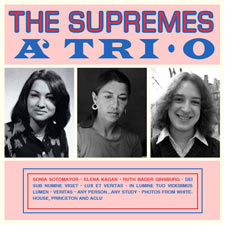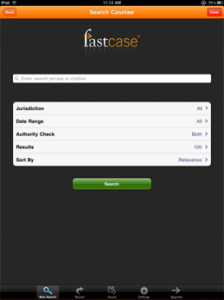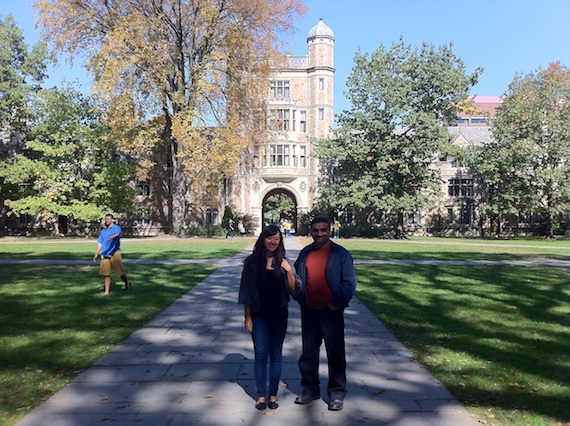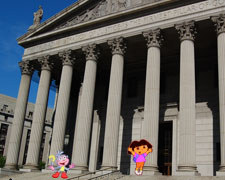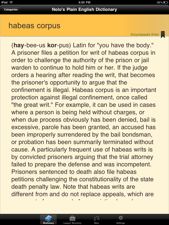 Sometimes people mistake Justia’s mission, “To advance the availability of legal resources for the benefit of society,” as being only about advancing the availability of legal resources for lawyers, but society is much larger then the legal community. This week’s App of the week is free for the iPhone and iPad from our friends at Nolo, and it’s geared at making the often confusing landscape of legal terms easier to understand for everyone.
Sometimes people mistake Justia’s mission, “To advance the availability of legal resources for the benefit of society,” as being only about advancing the availability of legal resources for lawyers, but society is much larger then the legal community. This week’s App of the week is free for the iPhone and iPad from our friends at Nolo, and it’s geared at making the often confusing landscape of legal terms easier to understand for everyone.
I am not a lawyer myself, nor have I gone to law school. I came to Justia as a programmer. While I have learned much about the law since I started working here in 2006, I still find myself constantly coming up against legal terms that I don’t know. There are a few places I turn to find out what those words and phrases mean discreetly so when the lawyers in my midst say them I can pretend I knew what it was all along, and one of the best sources I’ve found is Nolo’s Plain English Legal Dictionary available for free at nolo.com/dictionary.

